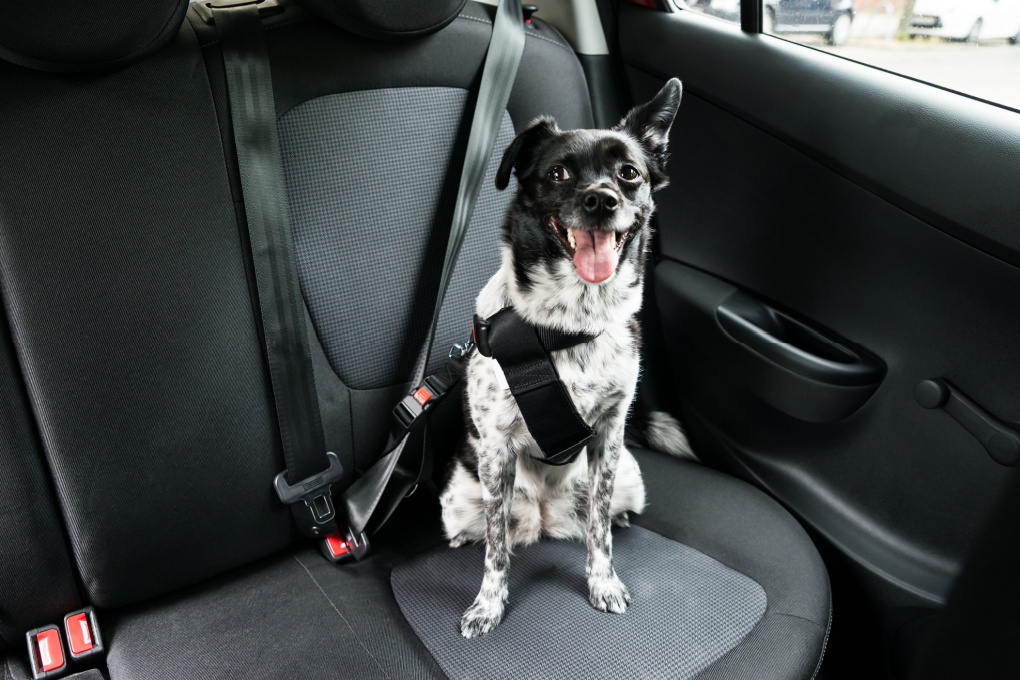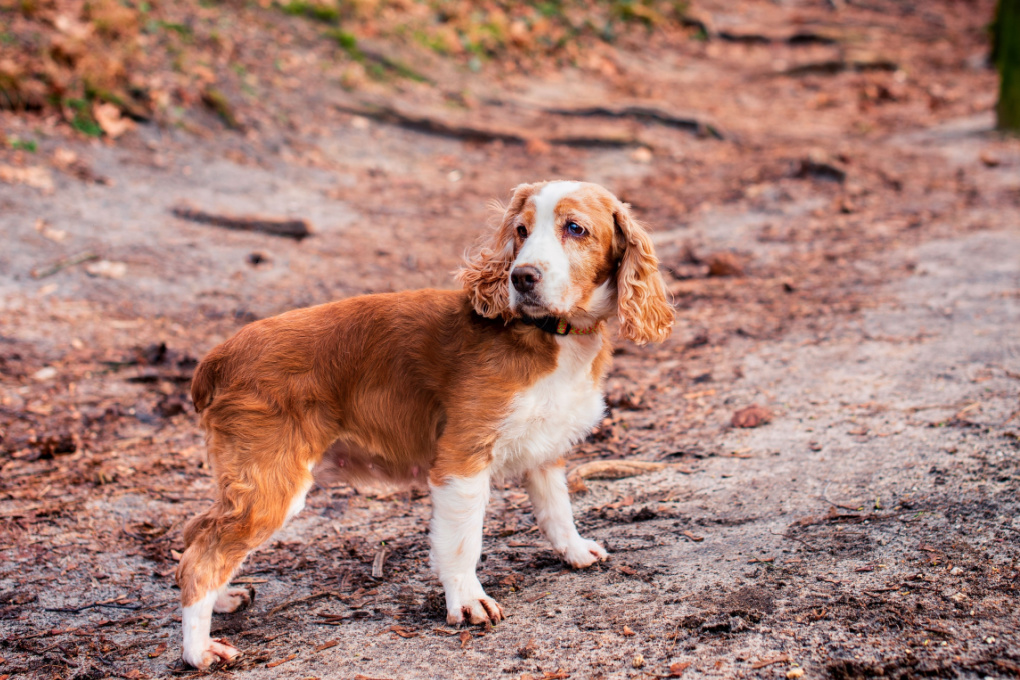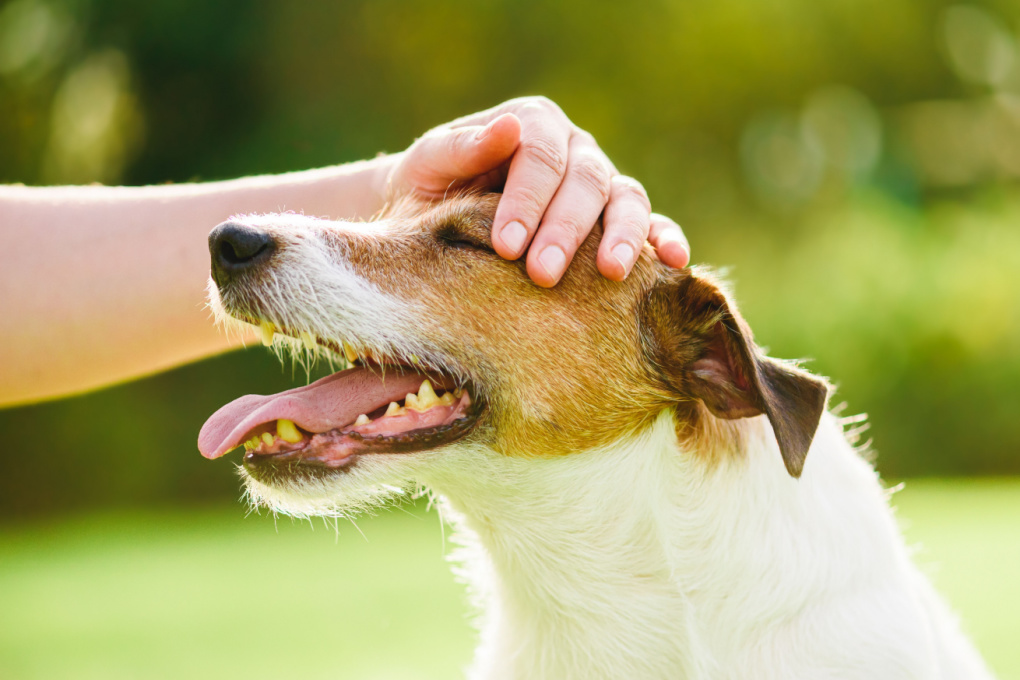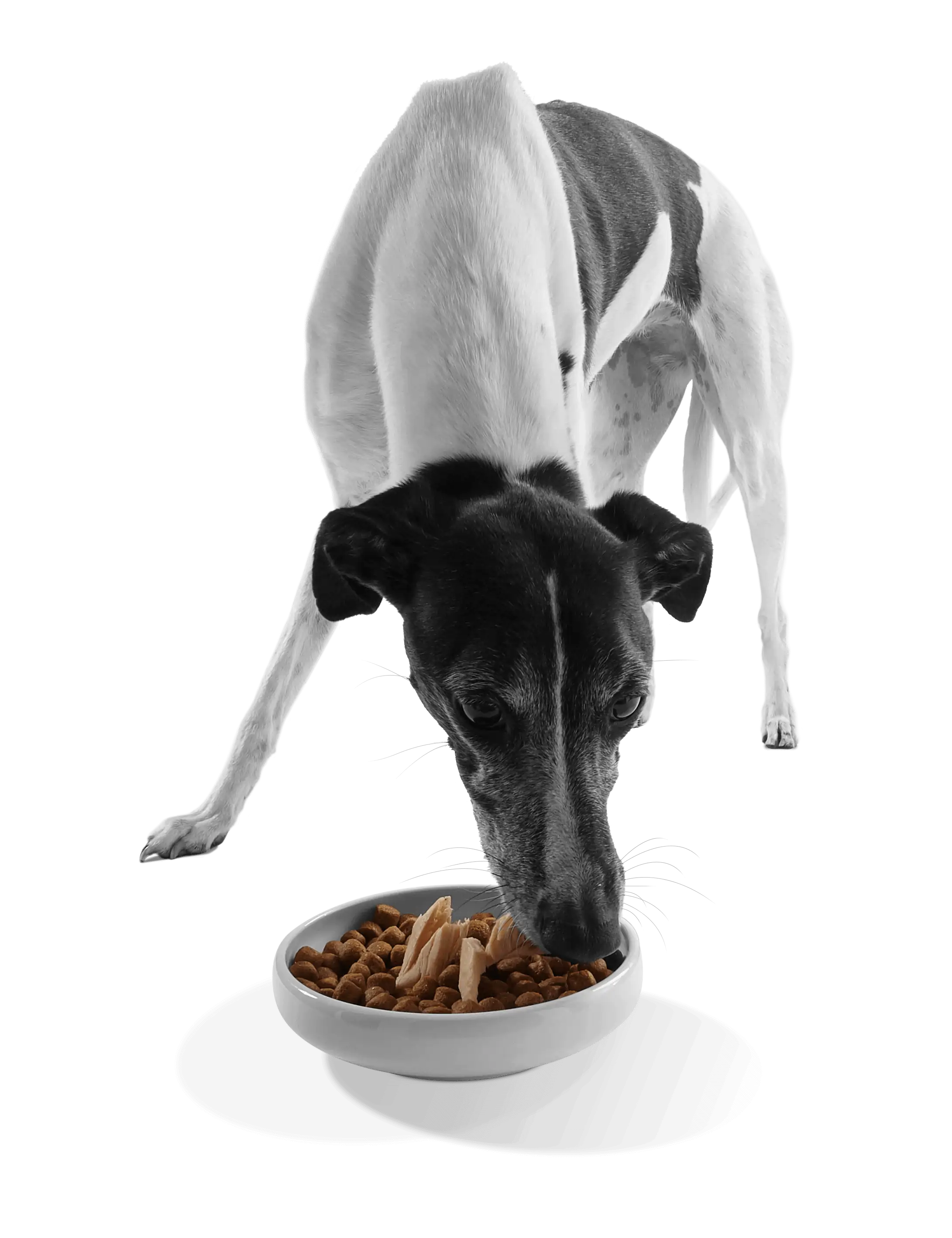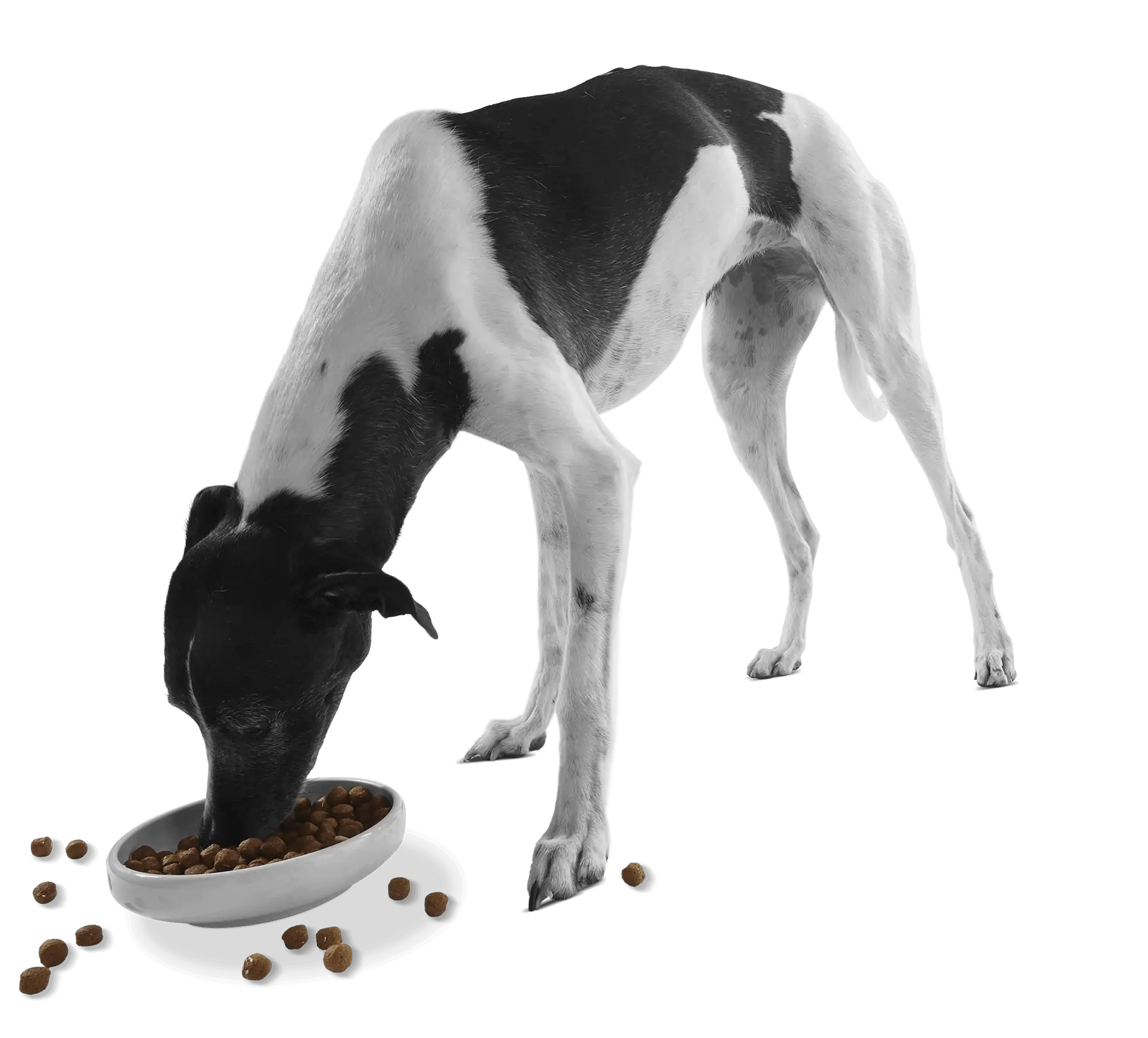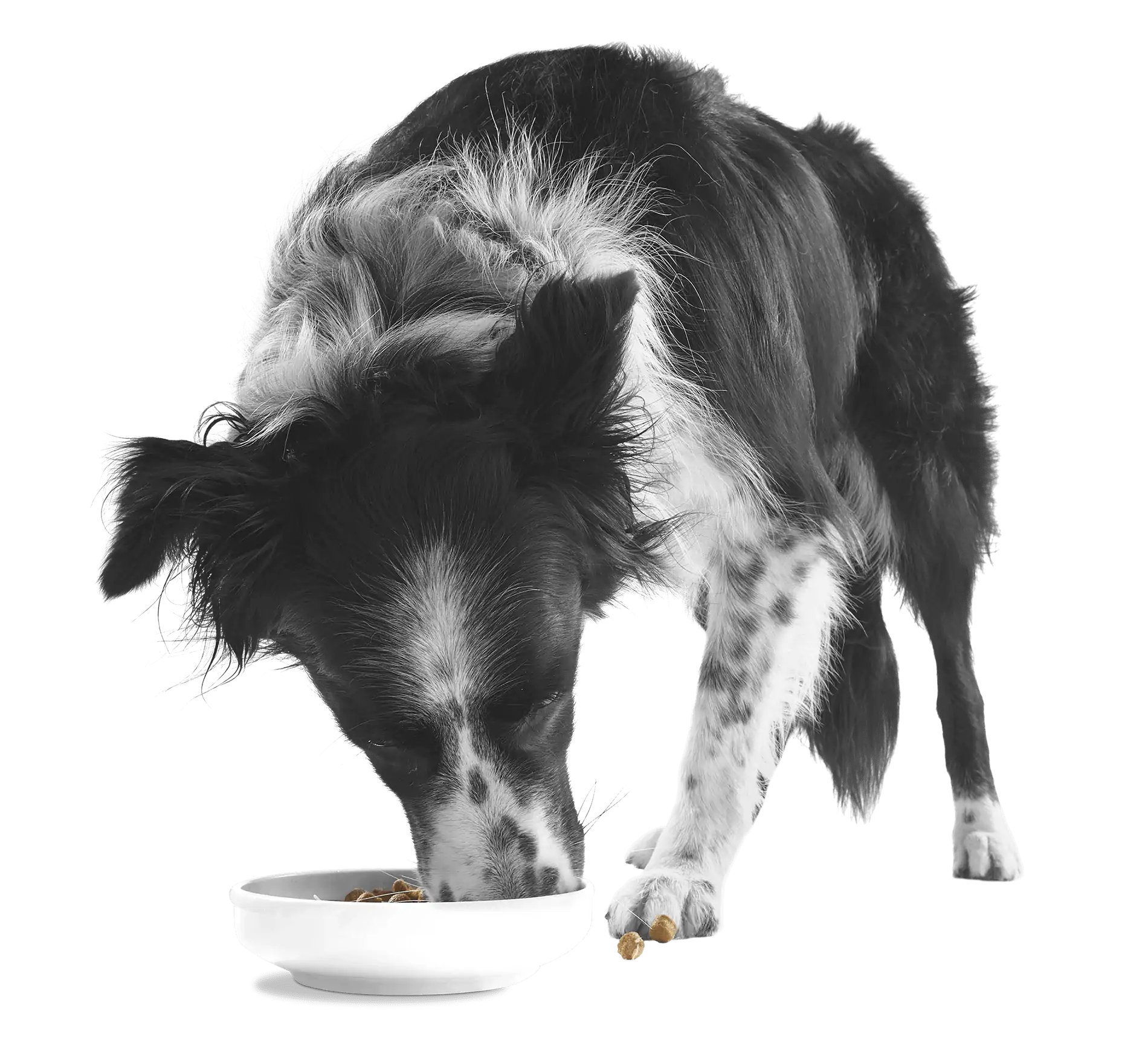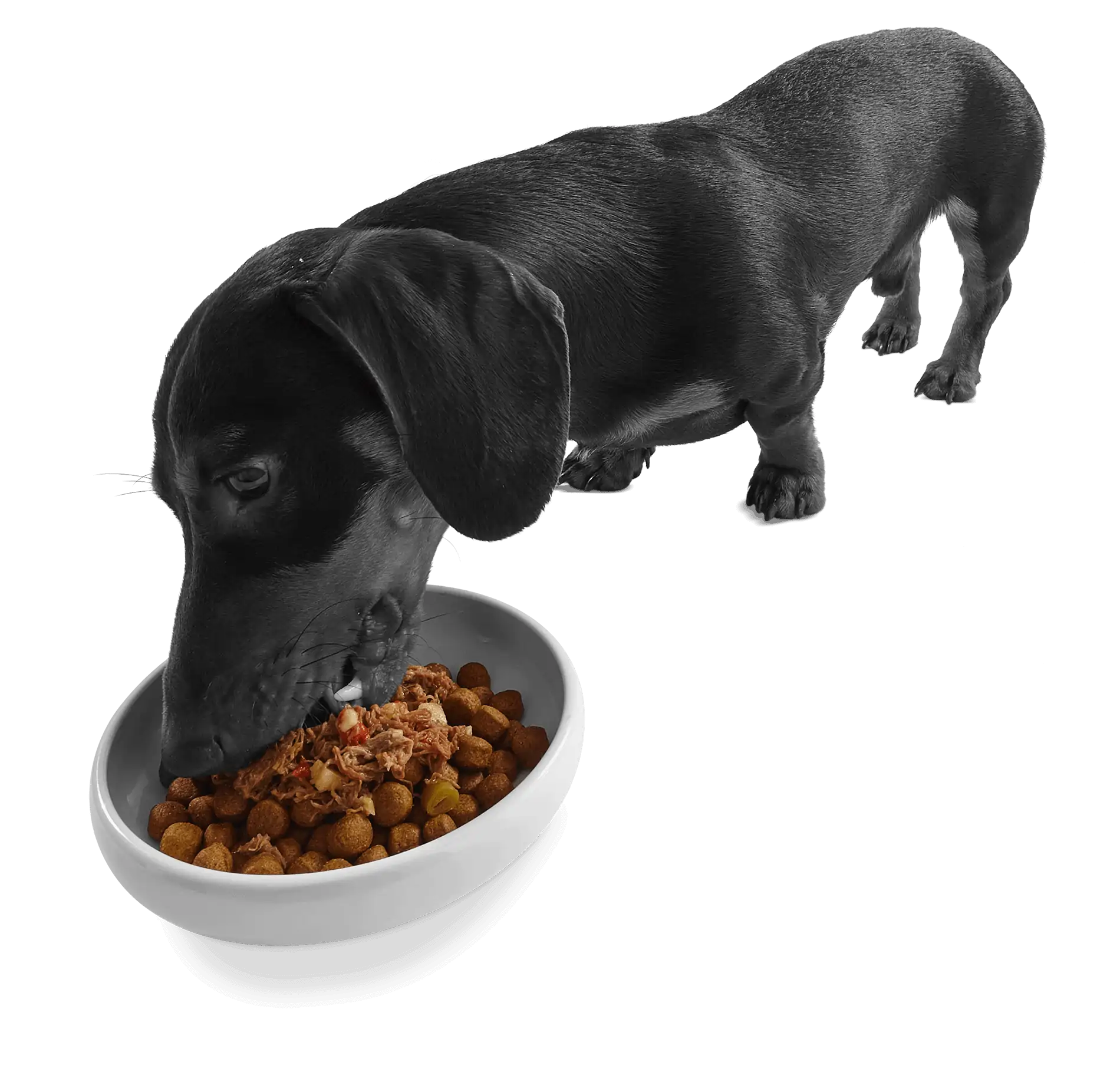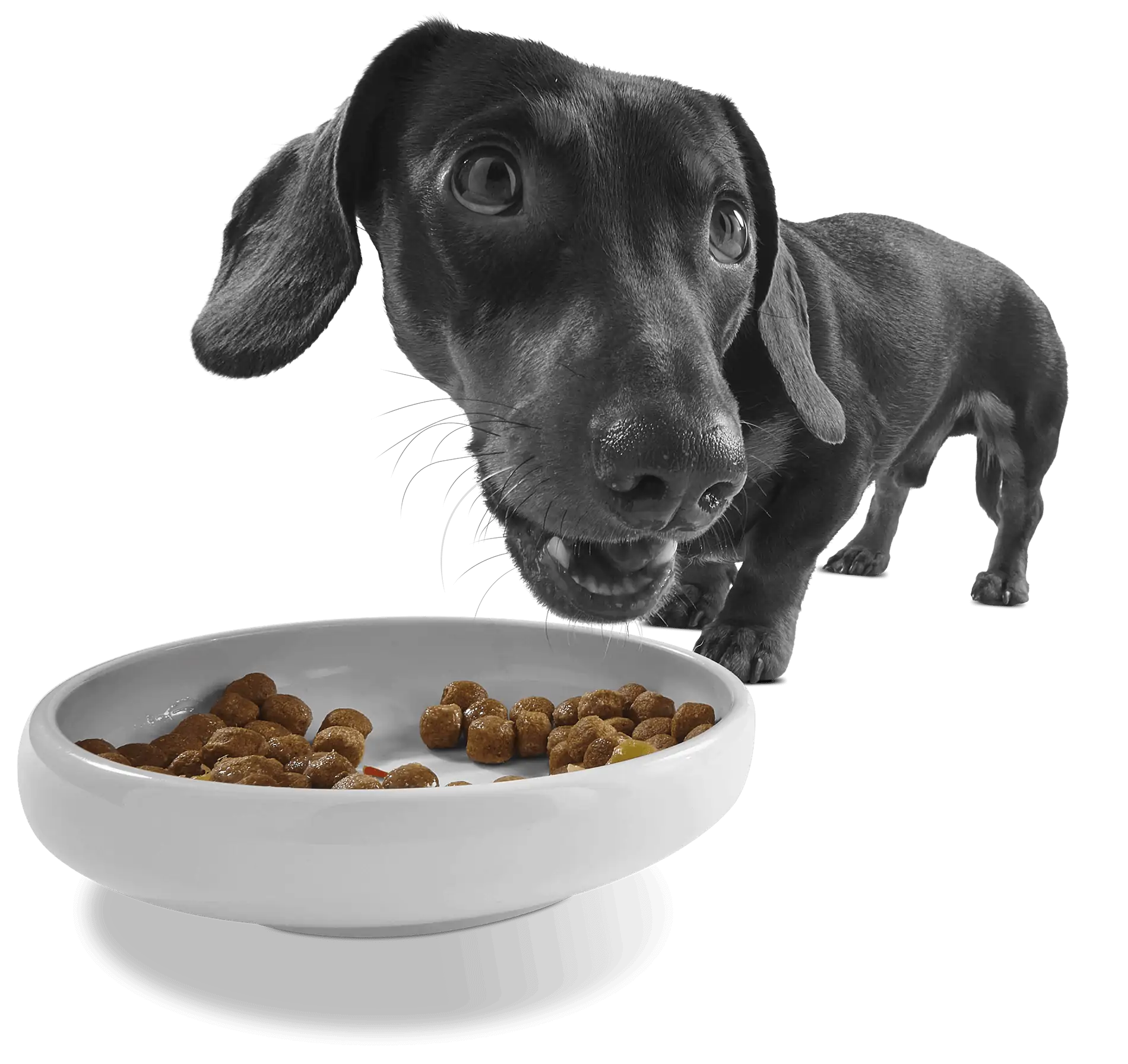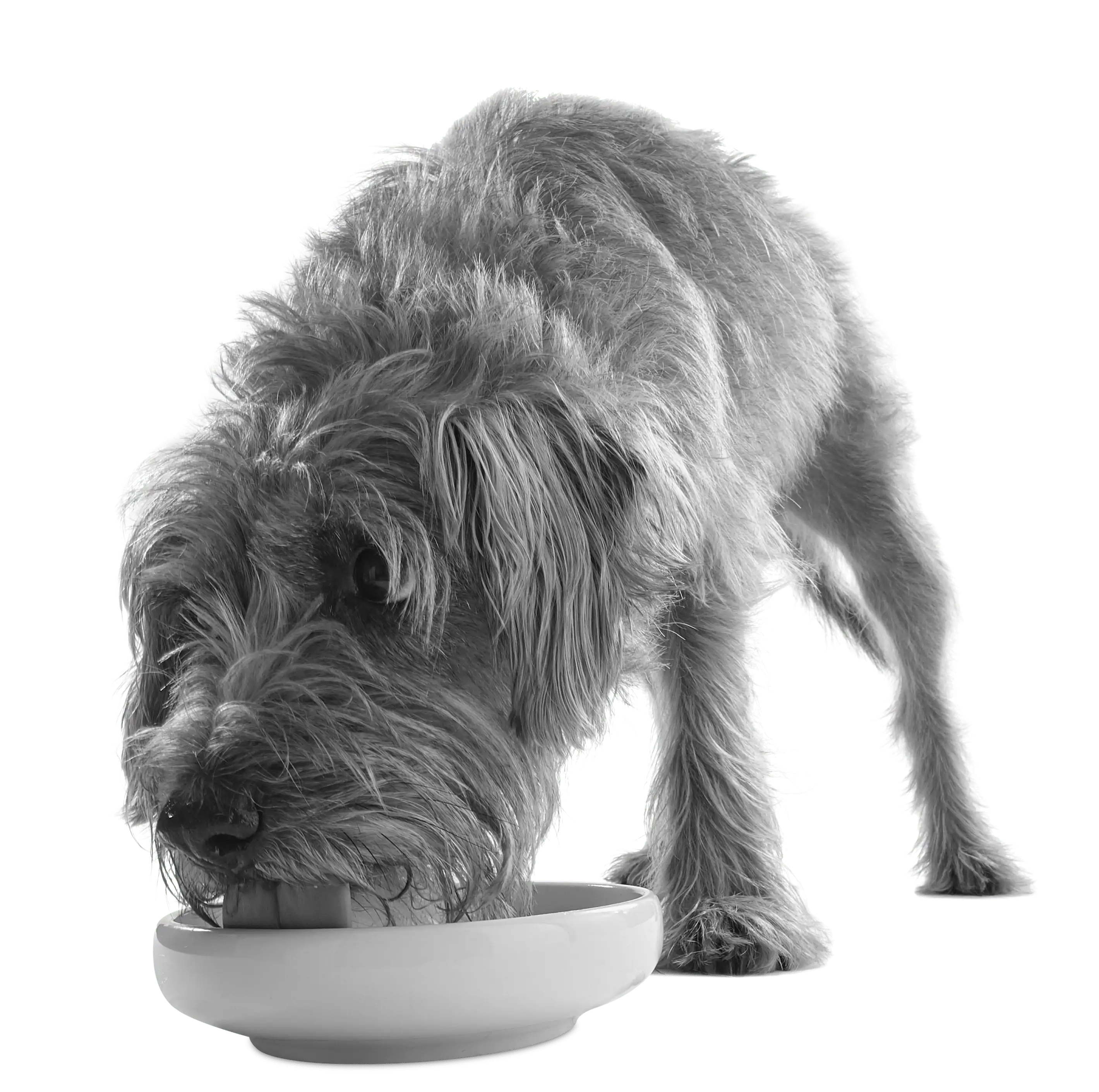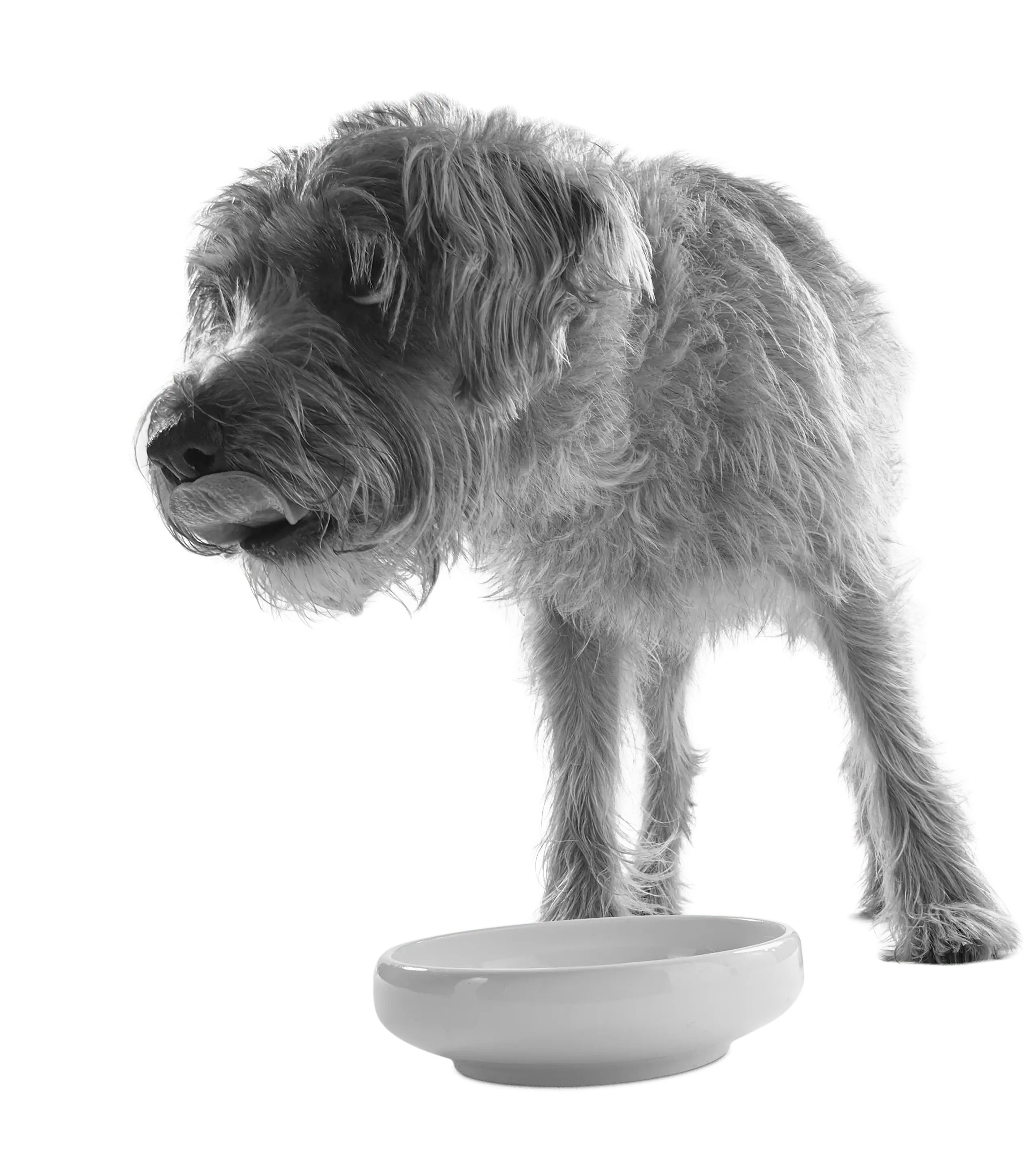Food allergies can start at any stage of a dog’s life. While they tend to come on in earlier years, there is nothing to say an older dog won’t suddenly develop one. Our furry friends are not actually born with allergies, and the likelihood of them developing one actually increases through being fed the same ingredients over and over again.
Allergies are when the immune system reacts to a foreign substance in an abnormal way. In the case of food allergies, this is the immune system overreacting to one or more of the ingredients in a diet. Unfortunately, food allergies can’t be cured but that doesn’t mean your four-legged friend can’t live a happy and normal life.
All we need to do to keep pesky symptoms at bay is remove any foods they are allergic to from their diet. If you suspect your dog does have a food allergy, or the symptoms persist, take them to the vet for a check-up.
What are the signs of a food allergy in older dogs?
● Itchy skin. We all know how infuriating an itch that won’t go away can be. When dog scratching gets out of hand, it can be a sign that something isn’t right with their skin. Senior dogs are prone to suffering from dry, cracked skin, which in itself can be quite irritable. The difference with itchy skin brought on by a food allergy is that the problem won’t go away until you have discovered the nuisance ingredient. Once that has been removed from their diet, the excessive scratching, and the redness, should quickly subside.
● Upset stomach. Digestive disturbances in older dogs can be brought on by a number of reasons such as eating too much or eating too quickly. If they are vomiting or having diarrhea repeatedly though, a food allergy could be the underlying cause. Vomiting can also be caused by anaphylaxis shock, which is where the immune system releases a flood of chemicals into the body after being triggered by an allergic reaction. This is the most severe reaction a dog can have to an allergy, and will require immediate medical attention. Likewise, rapid onset diarrhea can also be a sign of a severe allergic reaction, so don’t hesitate to contact your vet.
● Changes in behavior. Whenever you hear the word ‘allergy’, words such as ‘reaction’, ’irritable’ or ‘uncomfortable’ won’t be far from your thinking. After all, an allergen causes our body, or our dog’s body, to respond in ways that we’re perhaps not used to. Food allergies, therefore, can result in a dog acting out more, in response to the irritable reaction occurring in their body. This will be extremely noticeable in an older dog whose personality you’ll know better than most. Have they suddenly started pacing about the house more? Are they more vocal than usual? The signs can be subtle, but as soon you notice a change in behavior it is wise to look for other symptoms.
● Excessive hair loss. Dogs do naturally shed their hair, and the amount they lose can increase as they age. An adverse reaction brought on by a food allergy though may result in excessive hair loss. You may begin to notice large lumps of fur on the floor or bald spots across their body. And the condition can be further exacerbated by the uncontrollable scratching the allergy has also caused. It doesn’t take long for your dog’s hair to grow back once you have eliminated the offending ingredient.
Trying a new diet for your elderly dog
Allergic reactions to food can seriously affect a dog’s health. In rare cases they can even be life-threatening. Once you have identified the irritable ingredient – we recommend conducting a food elimination trial – you will need to adjust your furry friend’s diet accordingly.
Whenever you’re introducing new food to your dog, do so slowly. Sudden changes in their diet can result in tummy trouble or digestive distress, so it’s best to start off small and build up gradually. In the case of older dogs, changing up their mealtimes can actually revitalize tired taste buds, putting a spring back in their step.
If you discover your dog is allergic to a particular protein, Applaws offers a whole host of different recipes that cover a wide range of animal proteins. All our mouth-watering recipes have been carefully crafted with natural ingredients – no additives, colors or flavors – in order to keep your four-legged friend happy and healthy.




